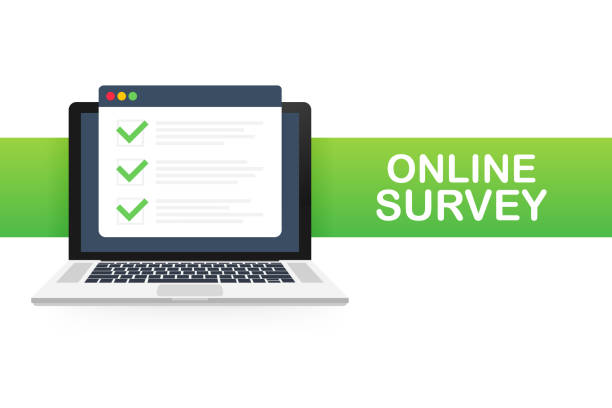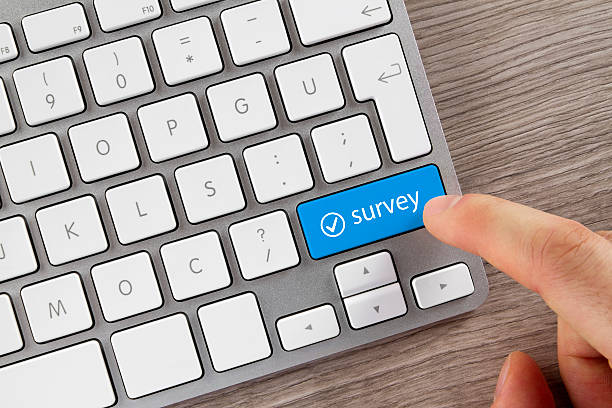Learn to create effective survey questions for valuable data collection

Introduction
Crafting the perfect survey questions is akin to threading a needle. It might seem simple, but the intricacy lies in ensuring that the questions gather genuine and valuable responses. Survey questions, when curated with precision, can offer deep insights into the minds of respondents, be it for market research, academic purposes, or organizational feedback. This article aims to explore the process of creating, presenting and studying survey questions.
Survey Questions: An Overview
Surveys are powerful tools that help you gather data, and they can only be effective when you pose the right questions. But what makes a question effective?
Purpose of Survey Questions
The aim is simple: extract genuine responses. These responses can guide businesses, researchers, or even policymakers in making informed decisions.
Types of Survey Questions
From multiple-choice to open-ended, the type of question plays a significant role in the kind of information you garner.
Designing the Questions
Formulation matters! The phrasing, tone, and order can heavily influence the responses.
Implementing Logic and Flow
Avoid the pitfall of confusing respondents. Structure is the key to navigating them smoothly through the survey.
The Importance of Clarity
Nobody likes riddles, especially not in surveys. Clarity ensures that respondents understand what’s being asked, leading to accurate answers.
Avoiding Ambiguity
A question with two meanings? That’s a recipe for skewed results.
Being Specific
“Have you shopped recently?” vs “Have you shopped online in the last month?”. Posing precise questions matter.
Refraining from Leading Questions
Leading respondents to a particular answer is a no-no. Let them come to their conclusions.

Analyzing Survey Responses
After the data gathering has started, the next step is to comprehend and analyze the data. Proper analysis can bring out patterns and insights previously unseen.
Quantitative vs. Qualitative Analysis
Numbers or narratives? Understand the nuances of both to make the most of the data.
Using Technology to Your Advantage
Utilize software and tools that hep you minimize wastage of resources, time, energy and money. You can thoroughly streamline the process of analysis using these tools.
Interpreting Results with Care
Misinterpreting the results is critical as it leads to wrong conclusions. Approach with caution and understanding.
Bias in Survey Questions
Subconscious inclinations can creep into questions, influencing responses.
Overloading the Respondent
Ever felt bogged down by a seemingly endless survey? It’s crucial to respect the respondent’s time and patience.
Ignoring the Importance of Sampling
Make sure your samples are related to your research objectives. Asking a student about the effects of a new drug on senior citizens will only provide incorrect answers and conclusions.

FAQs
- Why are survey questions important?
Survey questions are vital because they are the primary tool for gathering relevant data from respondents, which can drive decision-making processes.
- How should a survey question be structured?
A survey question should be clear, concise, non-leading, and relevant to the survey’s objective.
- What’s the difference between open and closed survey questions?
Open questions allow respondents to answer in their own words, while closed questions provide predefined options for answers.
- How can bias be avoided in survey questions?
Avoiding leading phrasing, ensuring neutrality, and pre-testing the survey on a small group can help reduce bias.
- Can technology aid in survey creation?
Absolutely! Numerous software tools and platforms exist today that streamline survey creation, distribution, and analysis.
- Is there a maximum number of questions a survey should have?
While there’s no strict rule, it’s essential to ensure the survey doesn’t feel too lengthy or tedious for the respondent. Ideally, it should take no more than 15-20 minutes to complete.
Conclusion
Surveys, with their unique capability to tap into the minds of people, stand as indispensable tools in various sectors. Crafting effective survey questions is a skill, a combination of art and science. While technology continues to advance, providing us with advanced tools for survey creation and analysis, the essence remains in the questions. As we strive for clarity, precision, and unbiased queries, we move closer to accurate, actionable insights.
External Links/ Sources:
